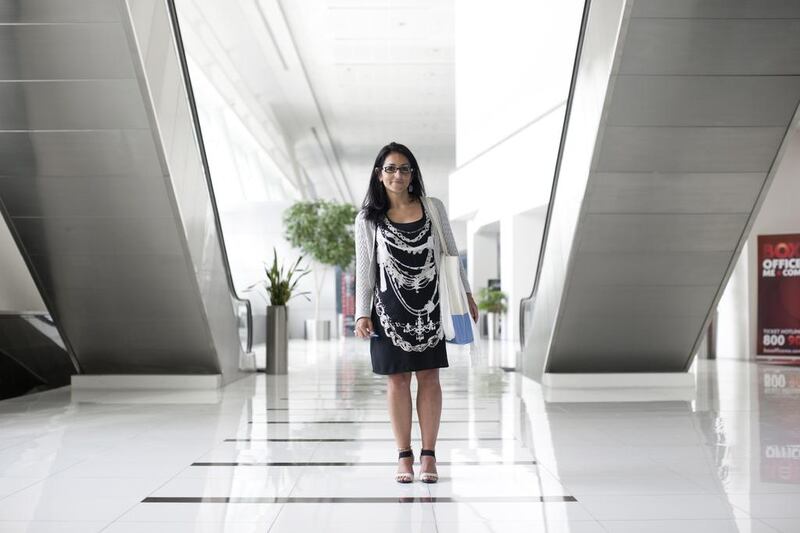Palestinian writer Susan Abulhawa says her books are not political. Our two analysts offer opposing views on the claim.
Readers should stop looking for political statements where there is only plot, writes Saeed Saeed
‘It’s art. Take it for what it is,” sighed the Palestinian novelist Susan Abulhawa, author of the acclaimed new novel The Blue Between Sky and Water.
She gave this weary response to my suggestion that her writing and her activism were linked. She said I had succumbed to the pitfall that has consumed plenty of journalists, commentators and readers when it came to her work.
I saw politics where there is only a story. I searched for an overriding message where there is only plot. I am now sympathetic to her views.
Abulhawa’s frustration stems, perhaps, from the fact that her work is denied the critical space afforded to other writers from troubled nations.
For example, Khaled Hosseini and Nadifa Mohamed’s celebrated novels – often, respectively, focusing on Afghanistan and Somalia – are regularly praised for their literary quality and are not viewed as political missives.
Until that space is afforded, all that Abulhawa and fellow Palestinian writers can do is offer advice on how to view their work. Abulhawa is not alone in that endeavour. Last year, the acclaimed Palestinian poet Mourid Barghouti said he was no spokesperson for Palestine.
“What drew me to poetry, instead of being a businessman, engineer or partisan, is to keep my ability to criticise and keep my critical mind active,” he told me at the Emirates Airline Festival of Literature in Dubai.
“This closed belief in the self or party is the stem of all evil. You need to have a sense of doubt and not just blindly say ‘yes’ to anything.”
Novelist Osama Al Yasa took it a step further by suggesting such a focus on politics is endangering the artistic integrity of Palestine’s future novelists.
In Abu Dhabi last year to receive a Sheikh Zayed Book Award for The Fools of Bethlehem, his surrealistic novel, he lamented the state of the present Palestinian literary scene: “Politics replaced culture and, as a result, the writing has diminished.”
Where their homeland is controlled by checkpoints and their political landscape seemingly deadlocked, what these Palestinians writers ask of us is to grant them a rare of form of unfettered freedom – the ability to express themselves as they see fit.
sasaeed@thenational.ae
When it comes to the Middle East, you can't keep literature and politics separate, writes Joseph Dana
The line between politics and art is blurred. Artists and writers are inevitably influenced by social developments, but the debate over the influence of politics in art takes on a special dimension when it comes to the Middle East. The Palestinian writer Susan Abulhawa is a perfect example of this dichotomy.
Readers think her writing is political in nature because she is Palestinian and her fiction is set in Palestine. But Abulhawa wants her work to be accepted for its artistic merits.
She has spoken of her recent novel as an investigation into what it means to be “broken emotionally, psychologically and physically”.
Her apprehension about being typecast as a Palestinian writer working on political narratives is warranted. Every writer wants their work to stand on its own merits.
There is, however, a gulf between her hopes for her image and the reality of her work. She has chosen to write about Gaza and the Israeli occupation of the West Bank.
She explores Palestinian identity in a way that has illuminated the plight of Palestinians for millions around the world.
These decisions are political in nature, and it is impossible to divorce her work from the politics it explores. That she remains a tireless activist solidifies her image as a political writer.
Despite rejecting the reductionist language of catchphrases such as “shedding light” and “the plight of Palestine”, she trades in that exact material. We should judge her work on the merits of its artistic value, but there is nothing wrong with seeing the political messages she has crafted and regularly advocates.
Literary superstars such as Michael Chabon have recently announced plans for a book about Israel’s occupation of Palestine. They are using their craft to advance a political message without sacrificing artistic integrity.
Novels about Palestine by Palestinians can be appreciated for their literary merit and embraced as a mechanism for political debate. Middle Eastern writers have nothing to be ashamed of when it comes to the fraught nature of politics in their home countries. Deciphering unstable political environments makes for great literature.
jdana@thenational.ae
On Twitter: @ibnezra





